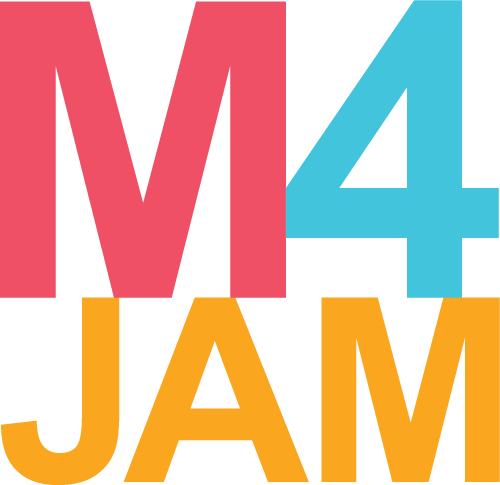Working for the man instead of the crowd
Crowdsourcing is still a relatively new concept in South Africa. Crowdsourcing means doing exactly what its name implies: seeking knowledge, goods, services or finance from a large body of people. What makes this arrangement still a novel concept to South Africans is most likely that it takes place over digital platforms, but, really, that’s just a streamlining of an old fundraising setup. Remember kids walking around with sheets of paper asking for donations to help them get to an event or camp?
Advances in digital technology and globalisation have opened up the potential target market to the whole world, so that someone in Cape Town submitting an online request for assistance over a dedicated crowdsourcing platform could be helped, funded or paid by anyone, anywhere in the world.
While some crowdsourcing could involve requests for assistance, such as raising money to send a sick child to the hospital for important treatment, technically crowdsourcing can also include performing freelance or temporary work in return for cash. On the one side is a person or company that needs a range of tasks completed, beyond what they can do themselves, and on the other is a broad resource of skills and talent that could sign up to complete those tasks. The person or company sends out a request for assistance with payment terms and uses the collective skills of the “crowd” to get the work done.
Increasingly, this is how many skilled professionals are either supplementing their existing formal work or making a living entirely independently of formal employment. “Crowdwork” is just a paid form of crowdsourcing that is managed through contractual arrangements and the global shift toward remote work is going to accelerate the growth of crowdwork.
It is typically short-term, independent and flexible in the mode of work and employment and is fast becoming a viable way for people to get around the disparities between their earnings and living costs, as well as to increase the variety of work they do for a living – which is a non-financial perk that is difficult to quantify but can definitely lead to greater life satisfaction.
Crowdwork can consist of micro or macro tasks. Micro tasks are small, marginal and largely repetitive tasks that can be completed in a short period of time, while macro tasks are typically associated with significant creative and knowledge work that usually requires longer durations to complete. Examples could be going out and conducting some market research using a questionnaire to interview respondents (micro), versus agreeing to design and layout a corporate report (macro).
In general, micro-tasks tend to require less specialised skills, are small and repetitive in nature, can last for a matter of minutes, have set rates of pay and require little employer oversight. Macro tasks usually call for more specialised skills, are often creative in nature, pay higher wages and can be project-based, with more negotiable payment rates and greater autonomy on how to complete the task.
Examples of platforms available to South Africans include:
- M4Jam, SweepSouth and getTOD for micro tasks such as surveys, handymen, domestic work, mystery shopping, deliveries, market evaluation and product activations.
- NoSweat, UpWork and Freelancer for macro tasks such as graphic design, web design, app development, software testing, product design and content creation.
Crowdwork is growing in importance for people around the world because it helps address earnings shortfalls or unemployment, can be done remotely and discreetly, can provide a regular source of work where an individual would ordinarily struggle to locate and engage with potential clients and caters for a wide variety of skill levels.
In a gig work survey carried out by M4Jam’s South African jobbers recently:
- 96% of respondents believe that gig work has helped them financially
- 98% of respondents believe that gig work will help unemployment in SA
- 67% of respondents said that gig work was their main income
- 89% of respondents said that they would not have any income without gig work
- 72% of respondents said that since the pandemic gig work has increased
To learn more about how gig platforms in South Africa rate, read Fairwork’s new report – Fairwork South Africa Ratings 2021: Labour Standards in the Gig Economy
